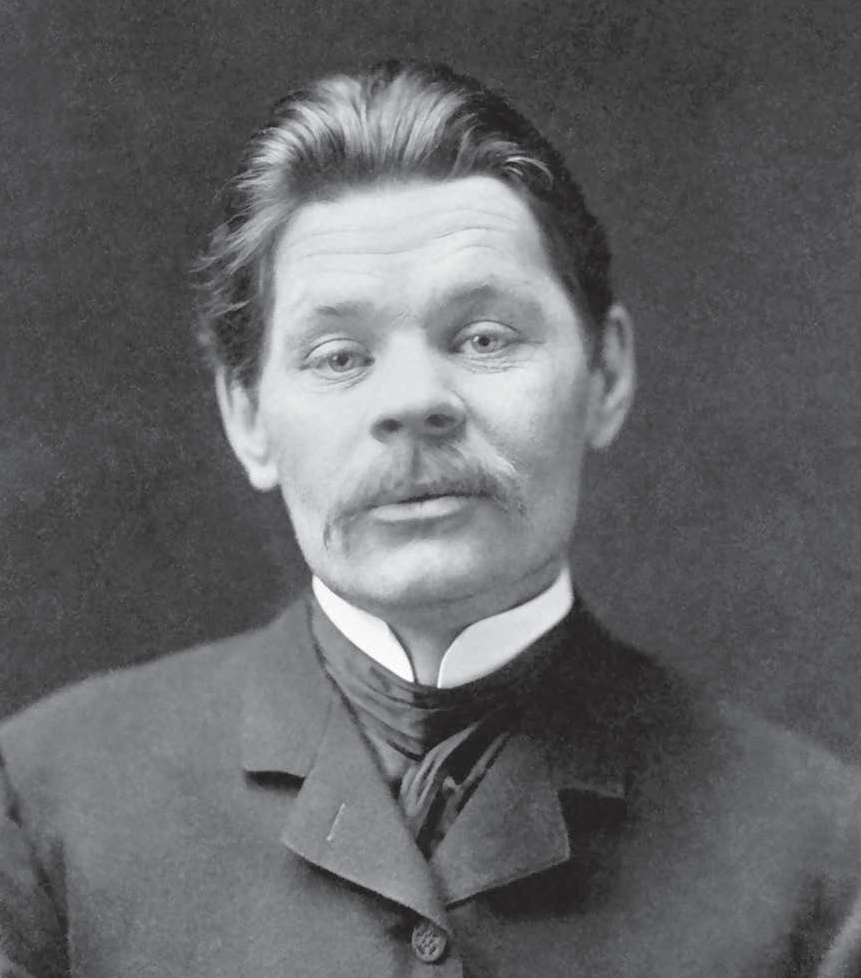Gorky Maxim

Gorky Maxim (1868-1936), Russian writer and public figure. His real name was Alexei Peshkov. He was born in Nizhny Novgorod (at present - Gorki), Russia. Being orphaned at an early age, he resorted to self-learning and attained substantial education. He used to travel a lot. In 1891 he set out to the south of Russian Empire. He arrived in Tbilisi and spent a year in Georgia. In Tbilisi he lived first on Michael street (current Davit Agmashenebeli Avenue), then – on the New Arsenal street and later – on Elisabeth street (at present – M. Tsinamdzgvrishvili street). He worked at the Transcaucasian Railway workshop. In Tbilisi he got acquainted with the revolutionaries, which proved instrumental in the formation of his ideology. On Krasnogorsk street (current Maxim Gorky street), under his initiative, a club Commune was set up; It served as the venue for the revolutionminded public. Maxim Gorky developed friendship with local intellectuals; among them – Shio Chitadze, Egnate Ninoshvili and others. In Tbilisi he wrote his first story Makar Chudra and published it in the newspaper Kavkaz (September 12, 1892). There he wrote the poem The Maiden And The Death and several other stories. In 1898, in connection with his links with one of the Marxist groups in Tbilisi, M. Gorky was arrested in Russia, sent to Tbilisi and jailed in the Metekhi prison.
M. Gorky was the frequent guest of Georgia: in 1900, 1903, 1928 and 1929 he visited different Georgian regions, towns and cities. In 1928 Maxim Gorky’s 60th birthday was celebrated throughout the Soviet Union, including Tbilisi. In 1929, in his essay In The Soviet Union, he described the impressions of his travels all over Georgia.
In his letter to the editorial staff of Georgian newspaper Zaria Vostoka, in 1931 M. Gorky wrote: ‘The beauty of your country’s nature and your romantic refinement – these two elements – enhanced my transformation from the vagabond into the man of letters’.
Maxim Gorky is buried on the Red Square in Moscow, at the Kremlin wall.


